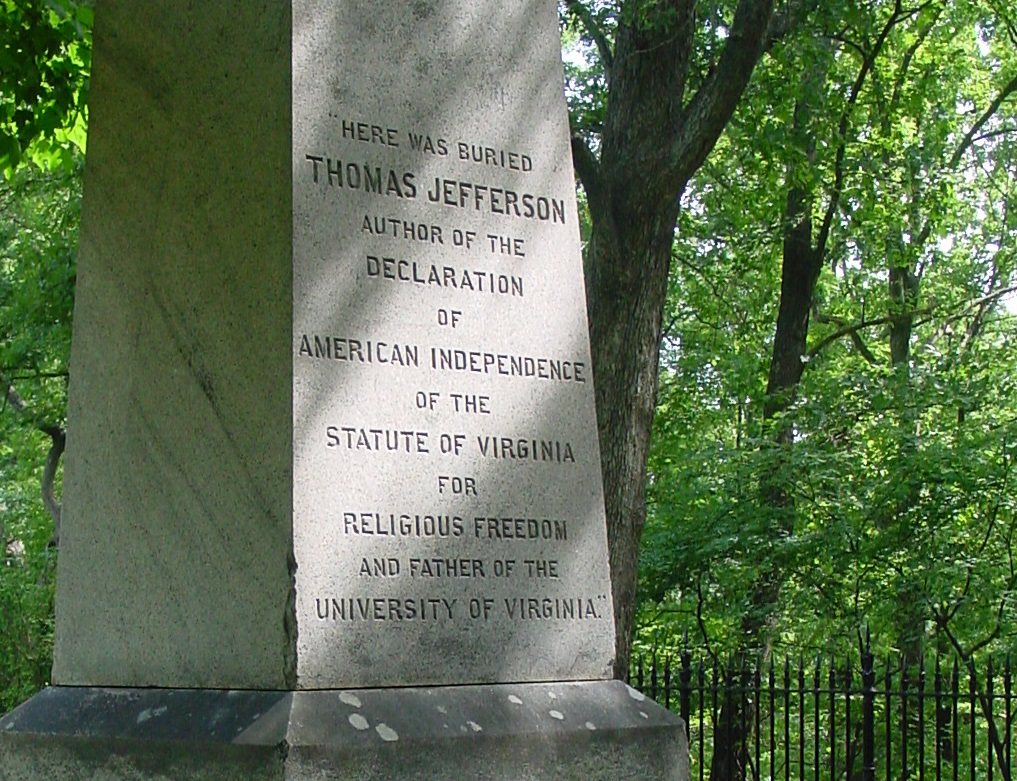Between 987 and 1314 the French monarchy grew in power and prestige until it dominated the machinery of government. France became the first large, unified state in the medieval West.
The Capetian kings made good their authority over their own territory and piece by piece added to it. By 1214 at the battle of Bouvines they had overcome the Norman-Angevin threat; in the south under Louis IX (St. Louis) they drove the Albigensian heresy underground and took over Mediterranean lands. They increased their control over the curia regis, the king’s court, and under Philip IV, the Fair, they consolidated the royal hold on power against the towns, the nobles, and the church.
After the Norman Conquest of England in 1066, English kings developed existing Anglo-Saxon institutions into a strong and unified state. Henry I and Henry II extended William the Conqueror’s system of administration. The development of common law brought power to the monarch and security to the subjects.
However, the united opposition of the English barons limited the royal power. The guarantees first given to the great vassals in Magna Carta were in time broadened to include most of the population. By the early fourteenth century a recognizable parliament began to emerge.
Progress took place in the technologies that underlie modern science, and the discipline of Scholasticism formed a trained scholarly community that was accustomed to a rigorous intellectual discipline.
Although Latin was still widely used, the vernacular languages were increasingly employed for the literature of entertainment, as in the French tales of chivalry, The Song of Roland, Dante’s The Divine Comedy, and Chaucer’s The Canterbury Tales.

